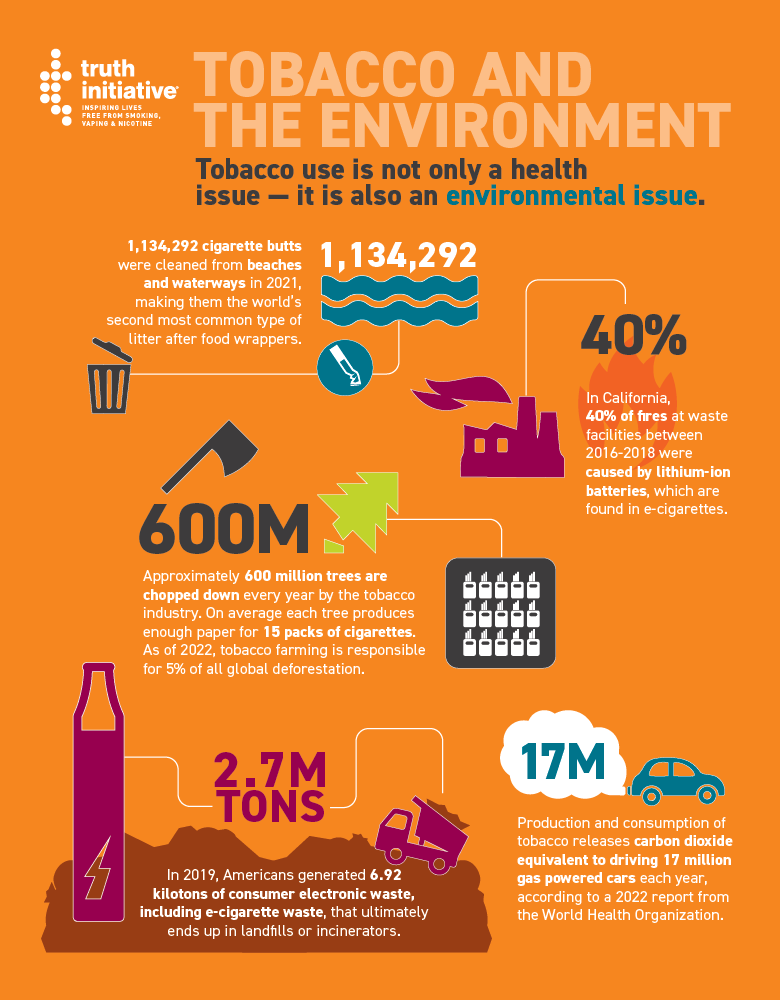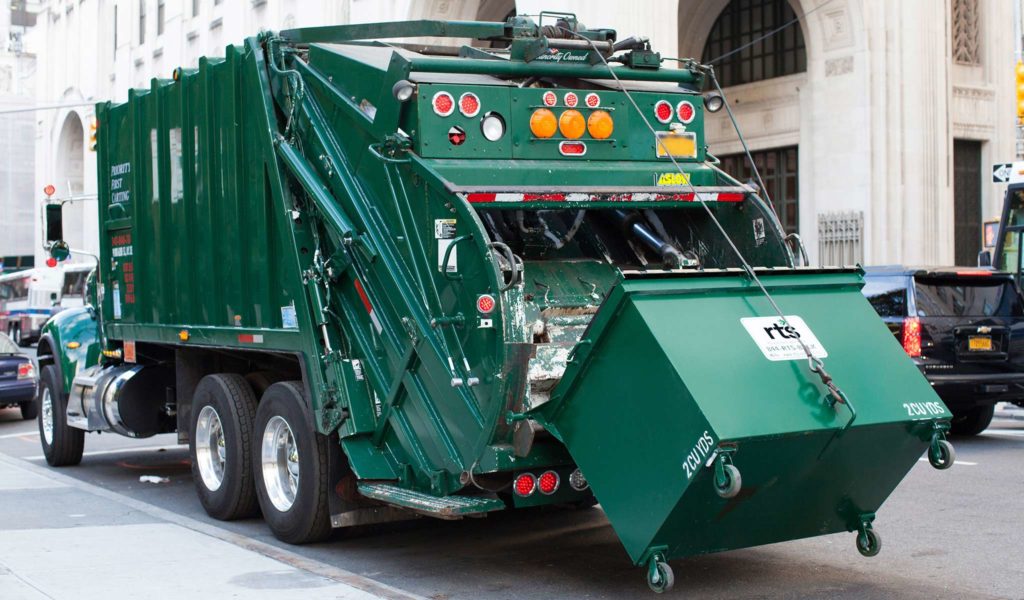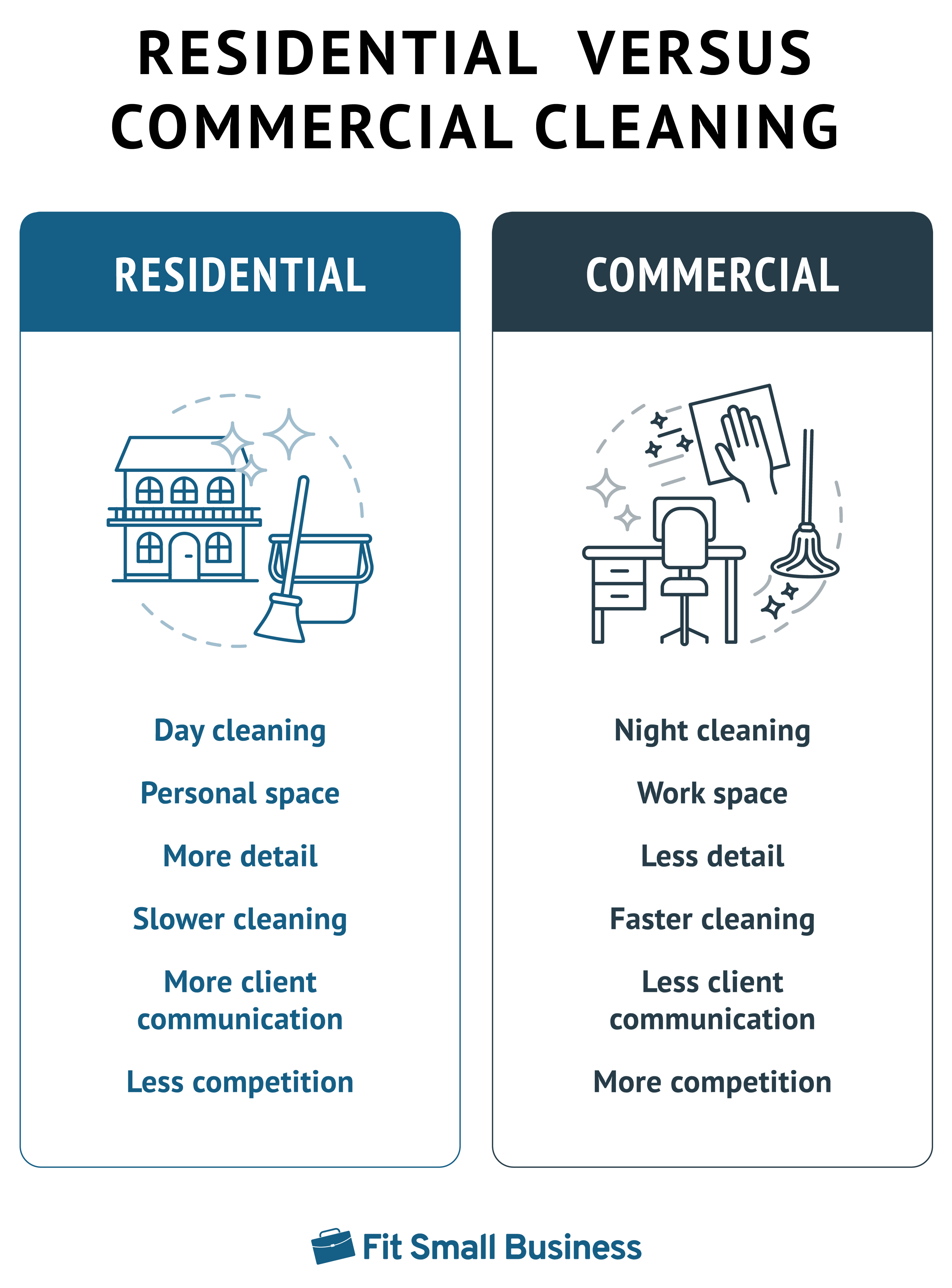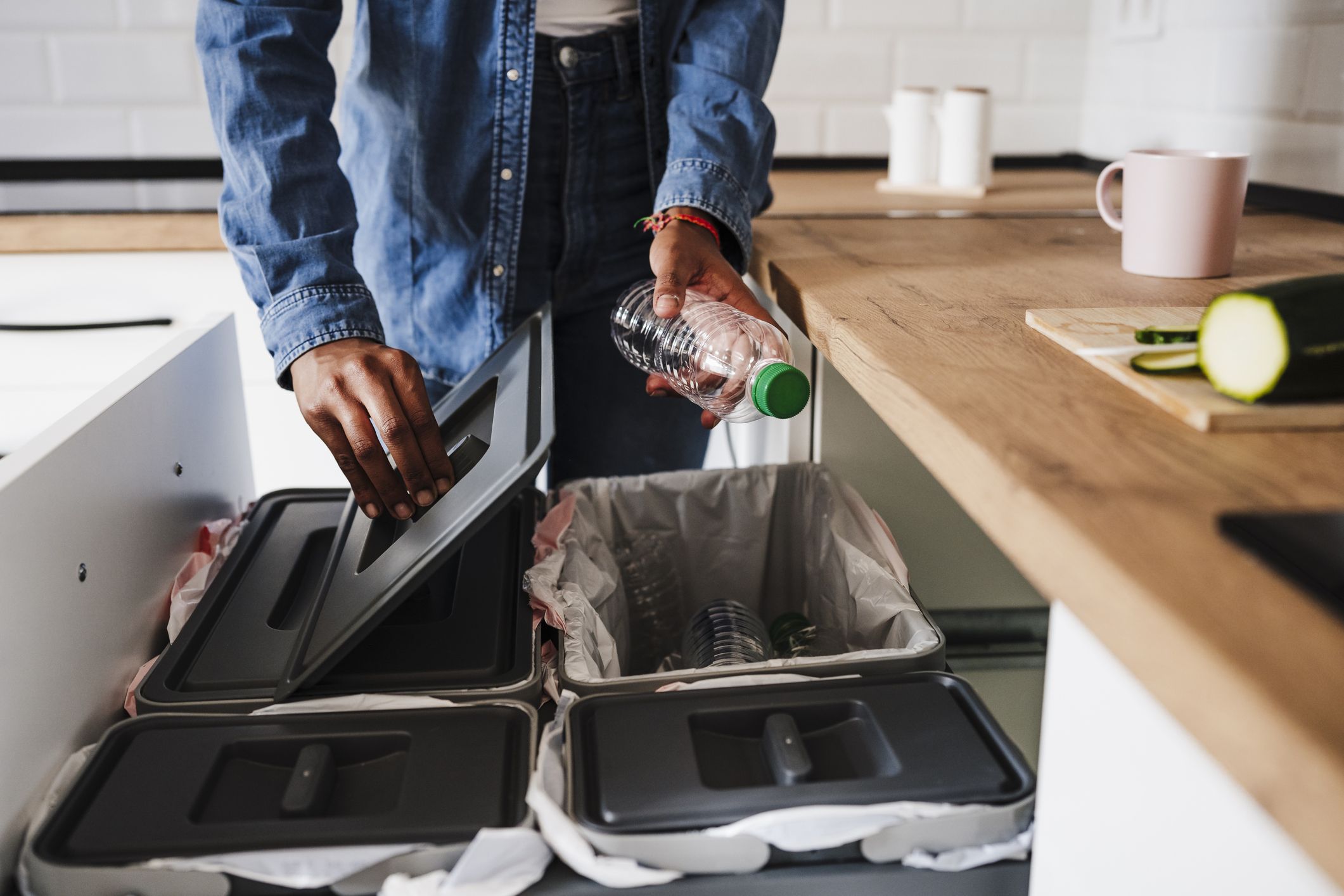Keeping our homes clean is something we all strive for. It makes our living spaces more enjoyable and safe. But, there’s one part of the house that often gets overlooked – the bins. Cleaning your bins regularly is not just about keeping bad smells away; it’s about protecting your health, caring for the environment, and even boosting your social standing. Let’s dive into why a bin cleaning schedule is essential for every household.
II. The Health Risks of Neglected Bins
Dirty bins are more than just an unpleasant sight; they’re breeding grounds for harmful bacteria and pathogens.
- E. coli, Salmonella, and Listeria can thrive in the residue left in your bins. These bacteria can cause serious illnesses, especially in children and the elderly.
- Pests, such as rats, flies, and cockroaches, are attracted to bin waste. They can carry diseases into your home.
III. Environmental Impact of Improper Bin Maintenance
Neglecting bin cleanliness doesn’t just affect your household; it has broader environmental consequences.
- Leaking bins can contaminate soil and water, harming plants and animals.
- Wildlife disruption occurs when animals are attracted to bin contents, which can lead to them becoming pests.
IV. The Psychological and Social Benefits of Clean Bins
A clean bin does more than just smell better; it can improve your mood and how people see your home.
-
- Aesthetics: Clean bins contribute to a tidier home environment.
- Neighborhood appeal: Well-maintained bins can enhance the look of your entire street, possibly even affecting property values.
V. Creating a Bin Cleaning Schedule: Where to click to investigate Start
Knowing you need to clean your bins is one thing; figuring out how often is another. Here’s a simple guide to get you started:
-
- Assess your waste: If you dispose of a lot of organic waste, you might need to clean your bins more frequently.
- Consider the climate: Hotter climates can increase bin odors and bacteria growth.

- Incorporate it into your routine: Add bin cleaning to your regular household chores list.
VI. DIY vs. Professional Bin Cleaning Services
When it comes to cleaning your bins, you have two main options: do it yourself or hire professionals. Here’s a quick comparison:
| Option | Pros | Cons |
|---|---|---|
| DIY | Cost-effective, flexible timing | Requires personal effort, may not be as thorough |
| Professional | Thorough cleaning, convenient | More expensive, scheduled visits |
VII. Eco-Friendly Bin Cleaning Practices
Choosing to clean your bins in an eco-friendly way is great for the planet and often for your health too.
- Use biodegradable cleaning agents to avoid chemical runoff.
- Minimize water waste by using water-efficient cleaning methods.
VIII. Overcoming Common Bin Cleaning Challenges
Here are some common bin cleaning challenges and how to tackle them:
- Odors: Use baking soda or vinegar for a natural deodorizing effect.
- Pests: Ensure your bin lid is always securely closed. Regularly clean the bin to remove food residues.
- Leaks: Line your bin with newspapers or biodegradable bin liners to absorb leaks.
IX. The Role of Technology in Bin Cleaning
Technology offers innovative solutions to bin maintenance:
- Self-cleaning bins can automate the cleaning process.
- Smart bins alert you when it’s time for a clean, taking the guesswork out of your schedule.
X. Conclusion
Establishing a bin cleaning schedule is crucial for every household. It’s not just about keeping your home smelling fresh; it’s about safeguarding your health, protecting the environment, and maintaining your social standing. By following the guidelines outlined in this article, you can ensure your bins—and your home—stay clean and safe. bin cleaning schedule.

I’m Brock McIlrath, the founder of BinBright Guardians and a seasoned Sanitary Equipment Operator dedicated to transforming our approach to cleanliness and waste management.



